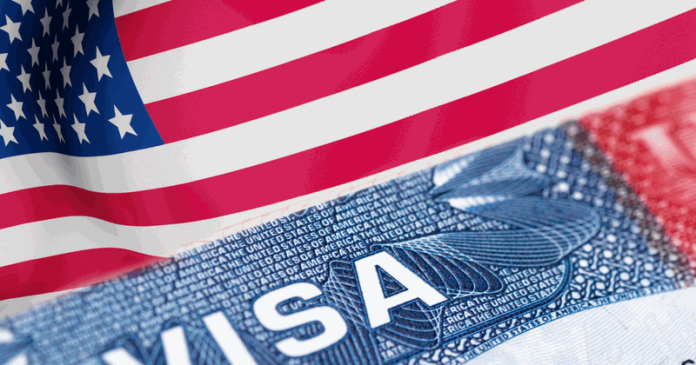The U.S. Citizenship and Immigration Services (USCIS) has set the registration window for the fiscal year 2026 H-1B visa program from March 7, 2025, at noon Eastern Time, to March 24, 2025.
The H-1B visa allows U.S. employers to hire foreign professionals in specialized fields such as IT, engineering, healthcare, and finance. To qualify, applicants must have at least a bachelor’s degree or its equivalent, and their employer must obtain a Labor Condition Application (LCA) from the Department of Labor to ensure fair wages and working conditions.
H-1B Registration and Selection Process
1. Employer Registration – Employers must register electronically through a USCIS online account during the designated period. A $10 fee per applicant is required.
2. Lottery Selection – If registrations exceed the 65,000 regular cap and 20,000 cap for advanced U.S. degree holders, USCIS will conduct a lottery.
3. Petition Filing & LCA – Selected employers must file Form I-129 along with a certified LCA from the Department of Labor.
4. Visa Processing & Approval – Upon approval, applicants can apply for an H-1B visa at a U.S. consulate and begin working from October 1, 2025.
Eligibility Requirements
To qualify for an H-1B visa, applicants must:
• Hold a bachelor’s degree or higher in a relevant field.
• Secure a job in a specialty occupation requiring advanced knowledge.
• Obtain employment sponsorship from a U.S. employer.
• Ensure their employer files an LCA with the Department of Labor.
H-1B Transfers and Grace Period
H-1B holders can switch employers, but the new employer must file Form I-129 before the previous work authorization expires. Employees can start working immediately upon filing, but if the petition is denied, they must stop working or leave the U.S.
In case of job loss, H-1B holders have 60 days to find a new employer, change their visa status, or leave the country.
Cap Exemptions & Extensions
The annual cap includes:
• 65,000 visas under the general category.
• 20,000 visas for applicants with U.S. master’s degrees or higher.
However, cap-exempt employers include:
• U.S. higher education institutions
• Nonprofit research organizations
• Government research institutions
H-1B visas are initially valid for three years, extendable up to six years. Extensions beyond six years may be available for applicants with pending employment-based green card applications.
Family Sponsorship: H-4 Visa
H-1B holders can bring their spouse and unmarried children under 21 to the U.S. under the H-4 visa category. Some H-4 spouses may also qualify for employment authorization if the H-1B holder has started the green card process.
For official details, applicants should visit the USCIS website or consult an immigration attorney.
